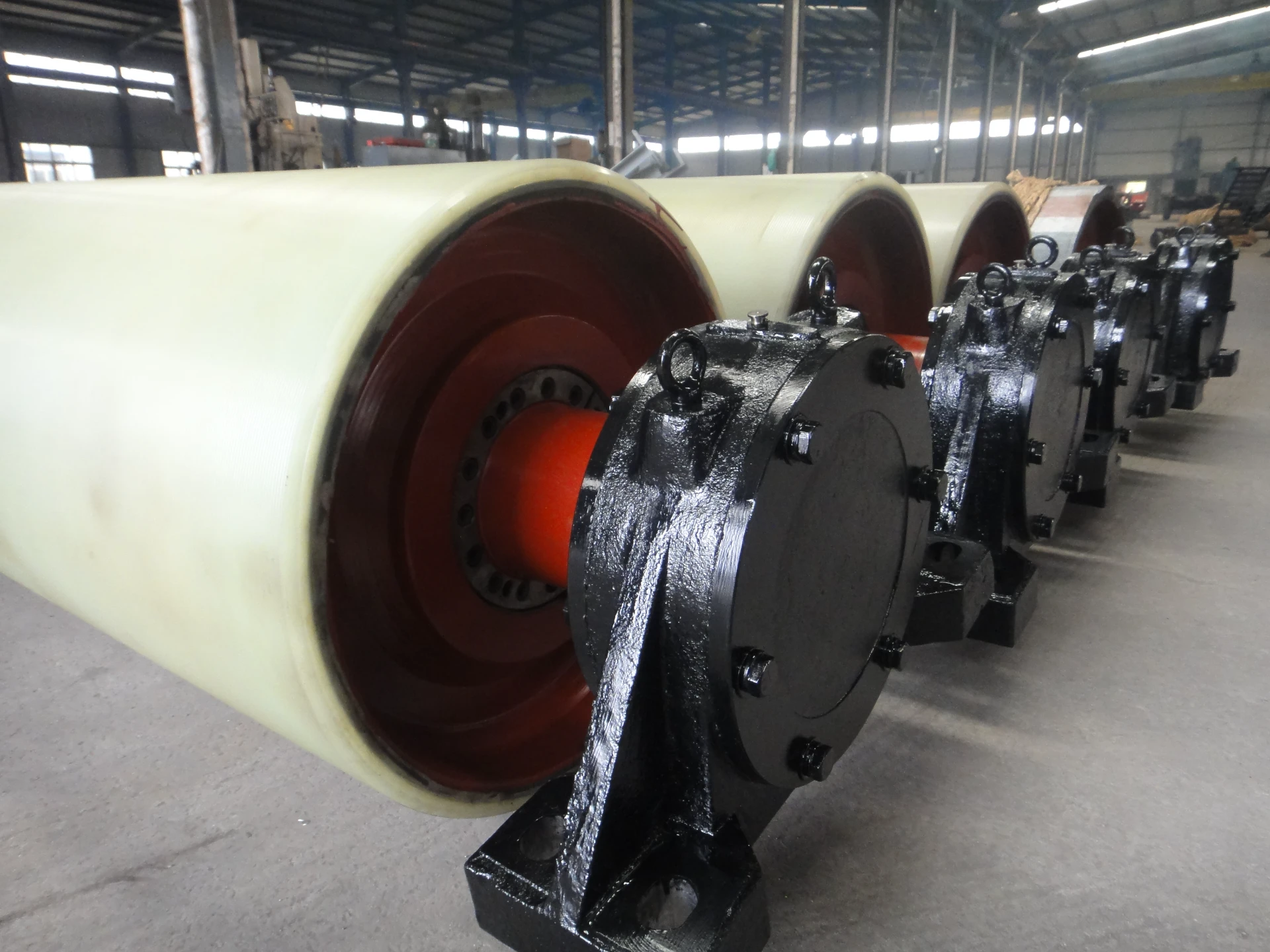 Afrikaans
Afrikaans  Albanian
Albanian  Amharic
Amharic  Arabic
Arabic  Armenian
Armenian  Azerbaijani
Azerbaijani  Basque
Basque  Belarusian
Belarusian  Bengali
Bengali  Bosnian
Bosnian  Bulgarian
Bulgarian  Catalan
Catalan  Cebuano
Cebuano  Corsican
Corsican  Croatian
Croatian  Czech
Czech  Danish
Danish  Dutch
Dutch  English
English  Esperanto
Esperanto  Estonian
Estonian  Finnish
Finnish  French
French  Frisian
Frisian  Galician
Galician  Georgian
Georgian  German
German  Greek
Greek  Gujarati
Gujarati  Haitian Creole
Haitian Creole  hausa
hausa  hawaiian
hawaiian  Hebrew
Hebrew  Hindi
Hindi  Miao
Miao  Hungarian
Hungarian  Icelandic
Icelandic  igbo
igbo  Indonesian
Indonesian  irish
irish  Italian
Italian  Japanese
Japanese  Javanese
Javanese  Kannada
Kannada  kazakh
kazakh  Khmer
Khmer  Rwandese
Rwandese  Korean
Korean  Kurdish
Kurdish  Kyrgyz
Kyrgyz  Lao
Lao  Latin
Latin  Latvian
Latvian  Lithuanian
Lithuanian  Luxembourgish
Luxembourgish  Macedonian
Macedonian  Malgashi
Malgashi  Malay
Malay  Malayalam
Malayalam  Maltese
Maltese  Maori
Maori  Marathi
Marathi  Mongolian
Mongolian  Myanmar
Myanmar  Nepali
Nepali  Norwegian
Norwegian  Norwegian
Norwegian  Occitan
Occitan  Pashto
Pashto  Persian
Persian  Polish
Polish  Portuguese
Portuguese  Punjabi
Punjabi  Romanian
Romanian  Russian
Russian  Samoan
Samoan  Scottish Gaelic
Scottish Gaelic  Serbian
Serbian  Sesotho
Sesotho  Shona
Shona  Sindhi
Sindhi  Sinhala
Sinhala  Slovak
Slovak  Slovenian
Slovenian  Somali
Somali  Spanish
Spanish  Sundanese
Sundanese  Swahili
Swahili  Swedish
Swedish  Tagalog
Tagalog  Tajik
Tajik  Tamil
Tamil  Tatar
Tatar  Telugu
Telugu  Thai
Thai  Turkish
Turkish  Turkmen
Turkmen  Ukrainian
Ukrainian  Urdu
Urdu  Uighur
Uighur  Uzbek
Uzbek  Vietnamese
Vietnamese  Welsh
Welsh  Bantu
Bantu  Yiddish
Yiddish  Yoruba
Yoruba  Zulu
Zulu steel bearing enclosures for enhanced durability and performance in industrial applications
Understanding Steel Bearing Housings An Essential Component in Machinery
Steel bearing housings are a critical component in many industrial applications, providing support and protection for bearings in various machinery setups. Their durability, strength, and versatility make these housings indispensable in sectors ranging from manufacturing to automotive engineering.
At its core, a bearing housing is designed to house and support the bearings that facilitate the rotation of shafts or other moving parts. The housing serves several functions it not only secures the bearing in place but also protects it from environmental factors such as dirt, moisture, and other contaminants that could lead to premature wear or failure. Steel, known for its robustness, is often the material of choice for these housings due to its ability to withstand high loads and resist deformation.
The design of steel bearing housings can vary significantly depending on the application. Some housings are compact and designed for tight spaces, while others may be large and robust to handle heavy machinery. Common designs include pillow blocks, flange mounts, and take-up units, each tailored for specific needs within machinery. For instance, pillow block housings provide excellent support for shafts that are mounted horizontally, while flange mounts are used in vertical applications.
steel bearing housing

One of the significant advantages of steel bearing housings is their ability to accommodate various types of bearings, including roller bearings, ball bearings, and thrust bearings
. This adaptability makes them suitable for a broad range of applications. Additionally, steel housings can be treated or coated to enhance their corrosion resistance, making them viable for use in harsh environments, such as those found in marine or chemical processing industries.Maintenance is a crucial aspect of ensuring the longevity of bearing housings. Regular inspection and lubrication are essential to prevent wear and tear. For example, sealed bearing units can significantly reduce the need for frequent lubrication, while open bearings may require regular greasing to ensure smooth operation. Identifying signs of wear, such as unusual noises or vibrations, can help in timely maintenance and avoid costly failures.
Moreover, the manufacturing process of steel bearing housings has evolved over the years. Advances in technology have led to improved precision in machining and the introduction of computer-aided design (CAD) systems. These advancements ensure that the housings are produced to exact specifications, ultimately enhancing their performance and reliability.
In conclusion, steel bearing housings play a vital role in the functioning of various machinery by providing essential support and protection to bearings. Their strength, adaptability, and the ability to withstand harsh conditions make them a preferred choice in many industries. Whether in heavy machinery, automotive applications, or industrial equipment, understanding the importance and functionality of steel bearing housings can lead to better maintenance practices and improved operational efficiency. As technology continues to advance, the future of bearing housings will likely include even more innovative solutions that enhance their performance and reliability.
-
Revolutionizing Conveyor Reliability with Advanced Rubber Lagging PulleysNewsJul.22,2025
-
Powering Precision and Durability with Expert Manufacturers of Conveyor ComponentsNewsJul.22,2025
-
Optimizing Conveyor Systems with Advanced Conveyor AccessoriesNewsJul.22,2025
-
Maximize Conveyor Efficiency with Quality Conveyor Idler PulleysNewsJul.22,2025
-
Future-Proof Your Conveyor System with High-Performance Polyurethane RollerNewsJul.22,2025
-
Driving Efficiency Forward with Quality Idlers and RollersNewsJul.22,2025





























